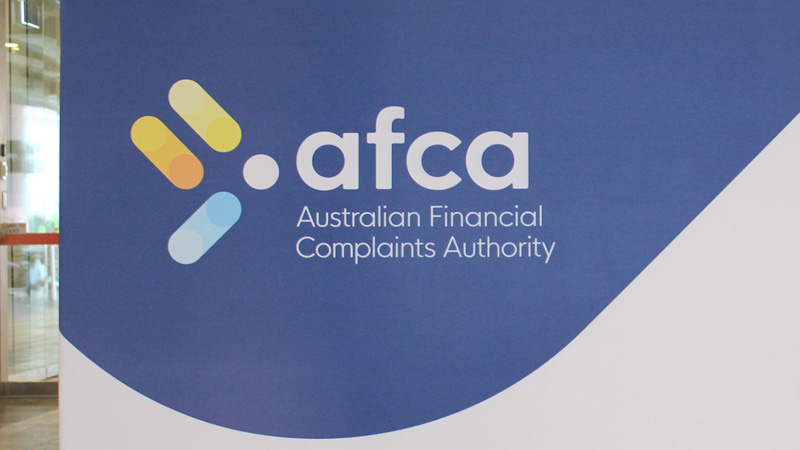AFCA sticks to Supreme Court decision after rule change

The financial complaints ombudsman has confirmed it will not appeal the Supreme Court’s decision that it had acted against its obligations in January.
Earlier this year, the Australian Financial Complaints Authority (AFCA) had amended its ability to deal with complaints and was forced to change its rules after the court also found it did not have jurisdiction to consider certain types of disputes against licensees.
Appearing at a Senate joint committee on Friday, AFCA COO Justin Untersteiner confirmed it would not appeal the decision.
“AFCA had always had a view that we did have jurisdiction and that would be consistent with the Corporations Act. The Corporations Act does place liability on the licensee in that situation,” Mr Untersteiner said.
“We now do have jurisdiction. However, our rules don’t apply retrospectively. Cases that were open before the new rules took effect are caught by that decision.
“We are currently reviewing cases that could be caught by that decision. It’s not a simple investigation. There is a lot of work to undertake to understand whether the authorised representative was acting outside the scope of their authority.”
Following the decision, ASIC directed AFCA to update the rules from 13 January “to provide clarity” following the issuing of a new ASIC legislative instrument on 5 January.
The rules change follows the judgment of the NSW Supreme Court in DH Flinders Pty Limited v Australian Financial Complaints Authority in November 2020. Justice James Stevenson found that while an advice practice licensed under corporate advisory group DH Flinders had given the wrong advice to a client, the practice had acted outside the scope of the licensee’s authority when giving the advice.
While licensees were responsible for all conduct of their representatives under the Corporations Act, whether the conduct was inside or outside their authority, this was not the same under the AFCA rules.
The judgment highlighted that AFCA’s Rules needed to be clearer to ensure that they reflected the same obligations and liabilities for licensees as set out in the Corporations Act.
The new rules apply to complaints received by AFCA from 13 January 2021 onwards.
For the small number of complaints which may be outside AFCA’s Rules, AFCA had also encouraged the financial firms involved to consent to AFCA considering the complaint to achieve an early resolution and avoid the prospect of potential court or other action by the complainant.

Tony Zhang
Tony Zhang is a journalist at Accountants Daily, which is the leading source of news, strategy and educational content for professionals working in the accounting sector.
Since joining the Momentum Media team in 2020, Tony has written for a range of its publications including Lawyers Weekly, Adviser Innovation, ifa and SMSF Adviser. He has been full-time on Accountants Daily since September 2021.






